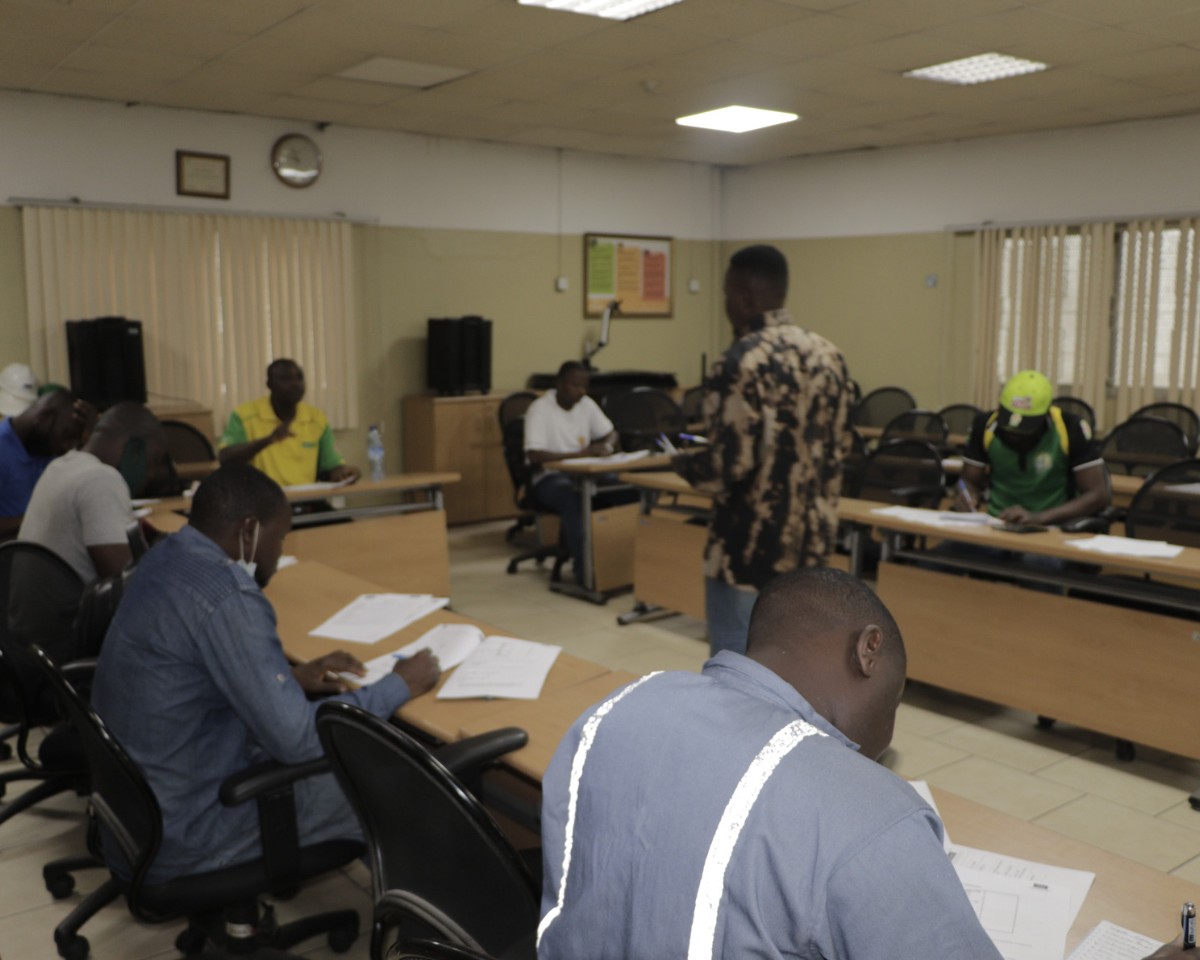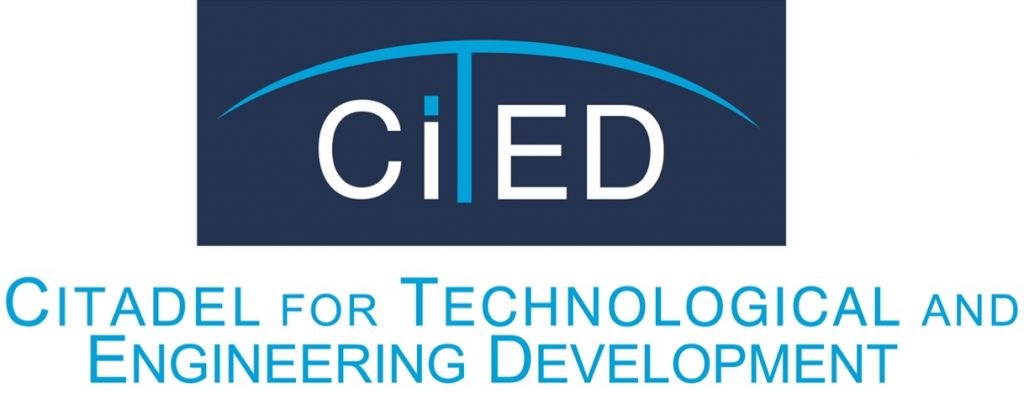The rapid advancements in telecommunication technologies have brought immense benefits to our lives, but the complexity of these systems necessitates robust safety protocols and best practices. This 3-day training program aims to equip engineers with the essential knowledge and skills to ensure the safe design, installation, operation, and maintenance of telecommunication infrastructure.

Introduction:
The rapid advancements in telecommunication technologies have brought immense benefits to our lives, but the complexity of these systems necessitates robust safety protocols and best practices. This 3-day training program aims to equip engineers with the essential knowledge and skills to ensure the safe design, installation, operation, and maintenance of telecommunication infrastructure.
Objectives:
- Understand the legal and regulatory framework surrounding safety in telecommunications.
- Identify potential hazards associated with various telecommunication technologies and equipment.
- Implement best practices for risk assessment and mitigation strategies.
- Apply safe work procedures for installation, maintenance, and troubleshooting activities.
- Ensure compliance with industry standards and best practices for occupational health and safety.
- Build strong communication and collaboration skills to foster a culture of safety.
Content:
Day 1 : Foundational Knowledge:
- Overview of telecommunication systems and technologies.
- Legal and regulatory landscape for telecommunication safety.
- Understanding electrical hazards and safety principles.
- Working at heights and confined spaces awareness.
- Personal protective equipment (PPE) selection and usage.
Day 2 : Risk Management and Best Practices:
- Conducting risk assessments for specific telecommunication projects.
- Implementing mitigation strategies for identified hazards.
- Safe work permit systems and job hazard analysis (JHA) procedures.
- Grounding and earthing practices for electrical safety.
- Radiofrequency (RF) radiation awareness and exposure limits.
Day 3 : Advanced Topics and Practical Application:
- Fiber optic safety considerations and handling procedures.
- Electromagnetic interference (EMI) and its potential health effects.
- Cybersecurity threats and mitigation strategies in telecommunications.
- Incident investigation and reporting procedures.
- Effective communication and teamwork for improving safety culture.
Conclusion:
By participating in this comprehensive training program, engineers will gain valuable knowledge and practical skills to prioritize safety in all aspects of their work. This will not only benefit their personal well-being but also contribute to the safe and reliable operation of telecommunication networks, ensuring connectivity and communication for everyone.

